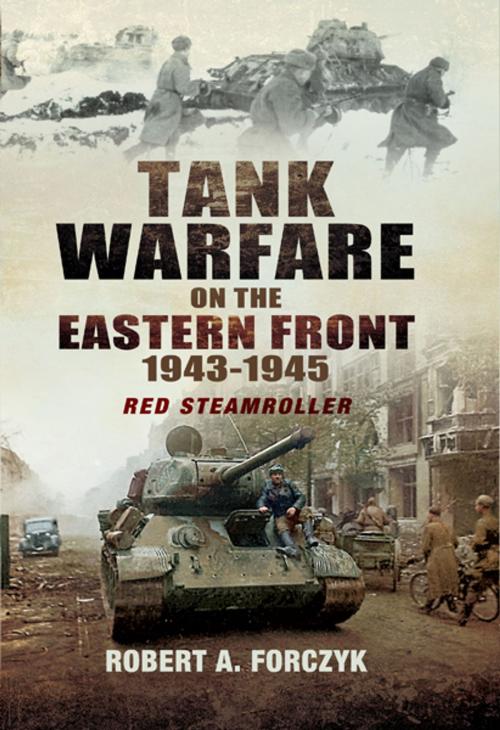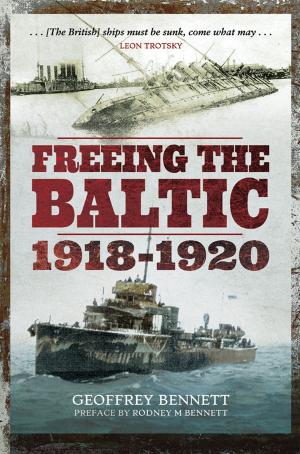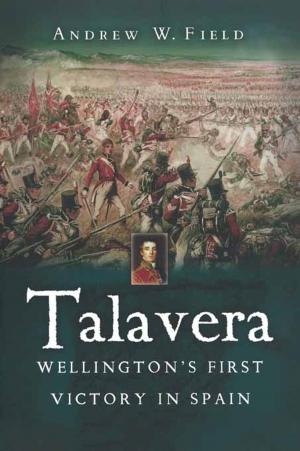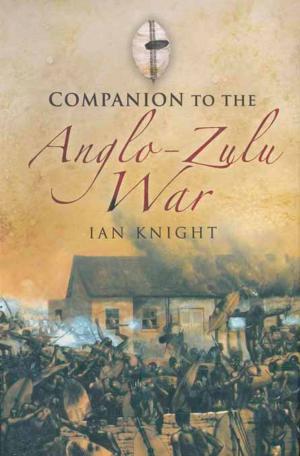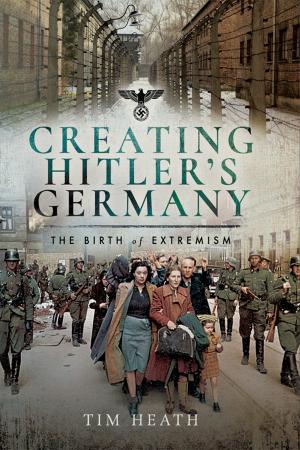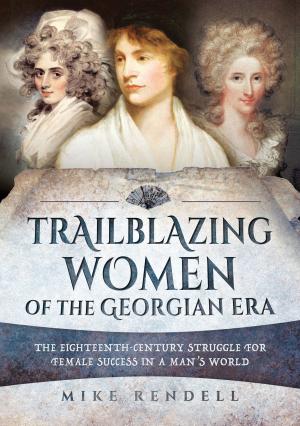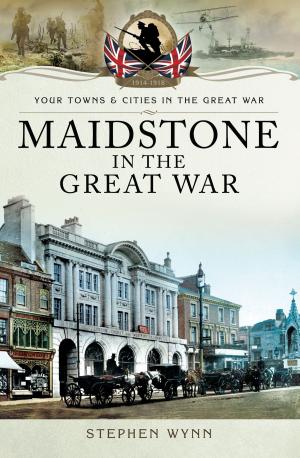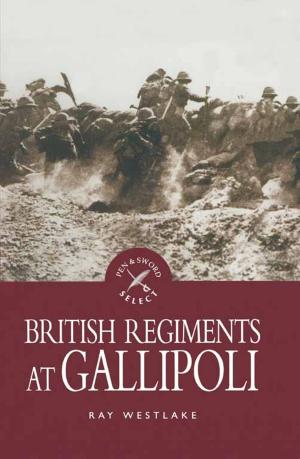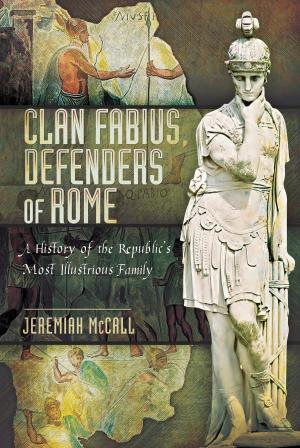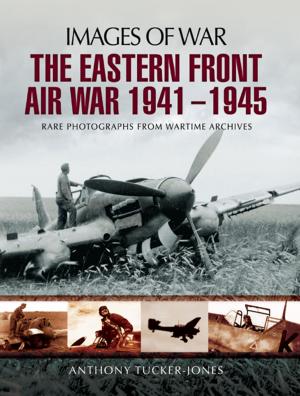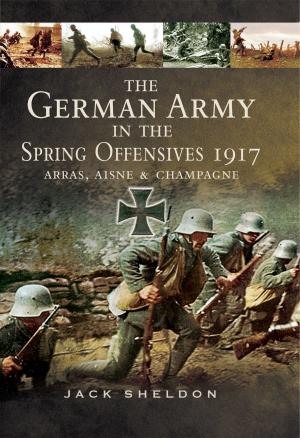Tank Warfare on the Eastern Front 1943-1945
Red Steamroller
Nonfiction, History, Military, Other, Asian, Russia, World War II| Author: | Robert Forczyk | ISBN: | 9781473880924 |
| Publisher: | Pen and Sword | Publication: | March 30, 2016 |
| Imprint: | Pen and Sword Military | Language: | English |
| Author: | Robert Forczyk |
| ISBN: | 9781473880924 |
| Publisher: | Pen and Sword |
| Publication: | March 30, 2016 |
| Imprint: | Pen and Sword Military |
| Language: | English |
By 1943, after the catastrophic German defeat at Stalingrad, the Wehmacht’s panzer armies gradually lost the initiative on the Eastern Front. The tide of the war had turned. Their combined arms technique, which had swept Soviet forces before it during 1941 and 1942, had lost its edge. Thereafter the war on the Eastern Front was dominated by tank-led offensives and, as Robert Forczyk shows, the Red Army’s mechanized forces gained the upper hand, delivering a sequence of powerful blows that shattered one German defensive line after another.
His incisive study offers fresh insight into how the two most powerful mechanized armies of the Second World War developed their tank tactics and weaponry during this period of growing Soviet dominance. He uses German, Russian and English sources to provide the first comprehensive overview and analysis of armoured warfare from the German and Soviet perspectives.
This major study of the greatest tank war in history is compelling reading.
By 1943, after the catastrophic German defeat at Stalingrad, the Wehmacht’s panzer armies gradually lost the initiative on the Eastern Front. The tide of the war had turned. Their combined arms technique, which had swept Soviet forces before it during 1941 and 1942, had lost its edge. Thereafter the war on the Eastern Front was dominated by tank-led offensives and, as Robert Forczyk shows, the Red Army’s mechanized forces gained the upper hand, delivering a sequence of powerful blows that shattered one German defensive line after another.
His incisive study offers fresh insight into how the two most powerful mechanized armies of the Second World War developed their tank tactics and weaponry during this period of growing Soviet dominance. He uses German, Russian and English sources to provide the first comprehensive overview and analysis of armoured warfare from the German and Soviet perspectives.
This major study of the greatest tank war in history is compelling reading.
